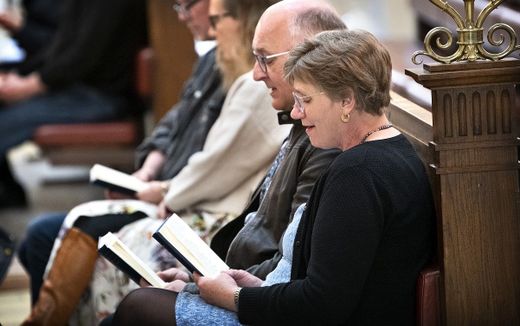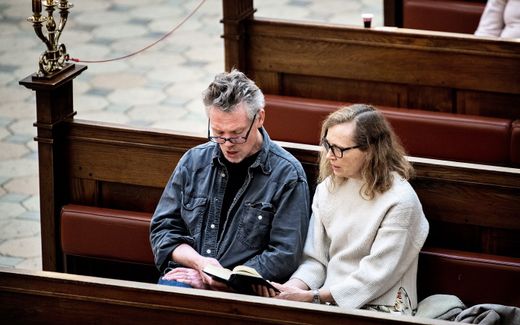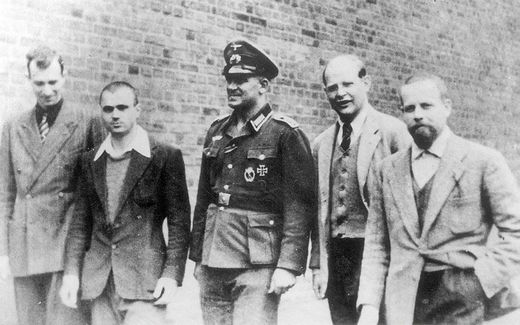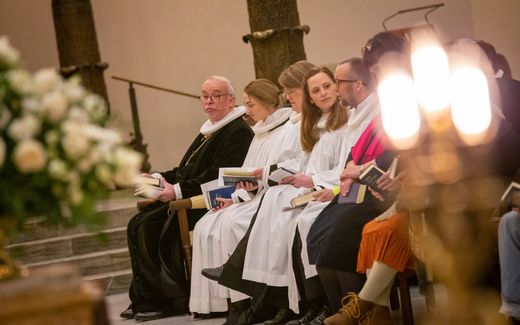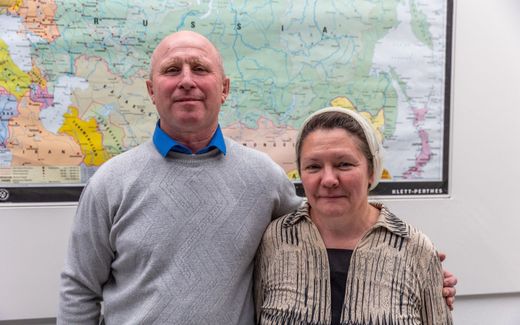Danish bishops want Prayer Day in again and keep euthanasia out
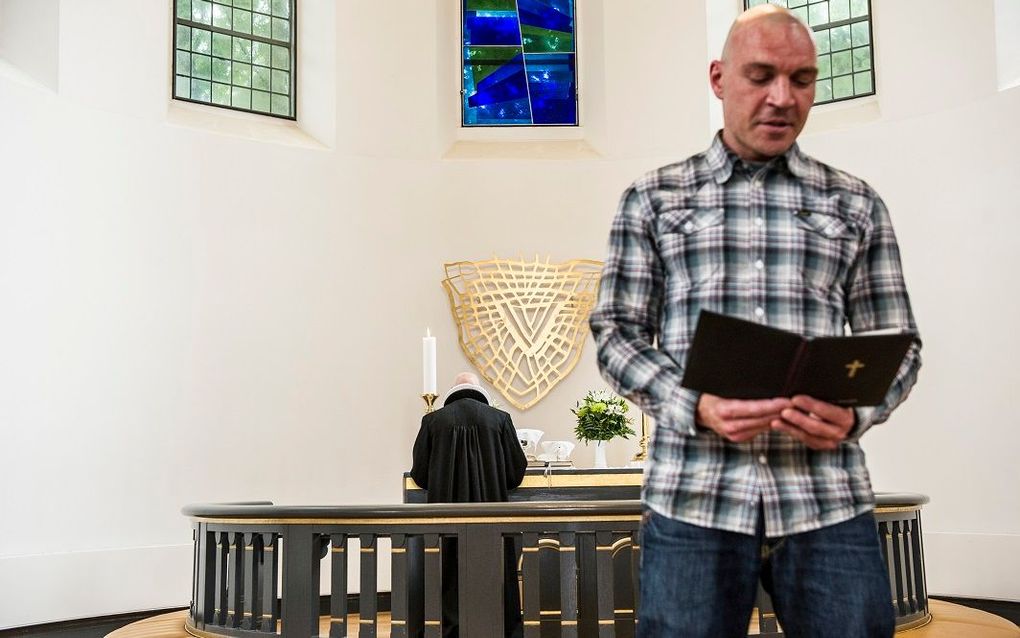
There are several churches working on how the liturgy could look like on big days of prayer. Photo Folkekirken
Northern Europe
Although the Danish Day of Prayer has been cancelled, people still remember. Bishops met last weekend to discuss a possible revitalisation.
It was big news earlier this year: for the first time in 250 years, Danes lost a public holiday. That day was a Christian one; the government abolished the Great Day of Prayer in favour of more money for the military amidst the Russian invasion of Ukraine. Despite protests from the Church, the national holiday died a sudden death.
However, this weekend, bishops from the Lutheran Folk Church spoke about reviving this prayer day. At the bishops' meeting in Viborg, they agreed to gather and share inspiration for prayer day gatherings in the churches. "There are already several churches working on how the liturgy could look like on big days of prayer, and we support that work, and we want to help spread it," said the bishop of the Viborg Diocese, Henrik Stubkjær, to Kristeligt Dagblad.
These talks follow after criticism of the Church came from society, Kristeligt Dagblad writes. According to the Danish Christian newspaper, there was no clear plan among the civil service around liturgies. "A survey showed that 37 per cent of the country's priests did not know whether they would continue to hold services on major prayer days after 2023, and 45 per cent answered "don't know" to the question of whether they would mark the day on another way."
Bishop Stubkjær emphasised that it is not the intention to create a common liturgy for major days of prayer but to gather different proposals that the individual Church can be inspired by.
Monarch
The discussion surrounding this Day of Prayer is complicated by the question of to what extent the Church is in charge of such decisions. Normally, the Danish government kept out of church affairs, but that suddenly changed with the decision to cancel the prayer day. The Danish Church is a state church with secular authority formed by the ruling monarch and the Danish parliament.
Bishop Stubkjær acknowledges these difficulties. "We must have a clarification of what our jurisprudence is", he says to Kristeligt Dagblad. "We have been used to the fact that the changing governments have largely sidestepped the internal affairs of the national Church. The abolition of major days of prayer suddenly raised doubts about our situation and whether there is even such a thing as internal affairs."
Euthanasia
Apart from the debate surrounding prayer days, the bishops also debated euthanasia. That became an issue on the political agenda after the Ethics Council advised against legalising euthanasia. Out of the seventeen members of the committee, sixteen concluded that "there is too much at stake regarding our basic view of humanity for euthanasia to be introduced in Denmark." According to them, "the decision to offer euthanasia is as serious as the decision to request it."
The bishops more or less agree with these statements. They claim to fear that "the legalisation of euthanasia will lead to a betrayal of both human and social views." According to them, "society should not be able to take the lives of citizens."
Related Articles


